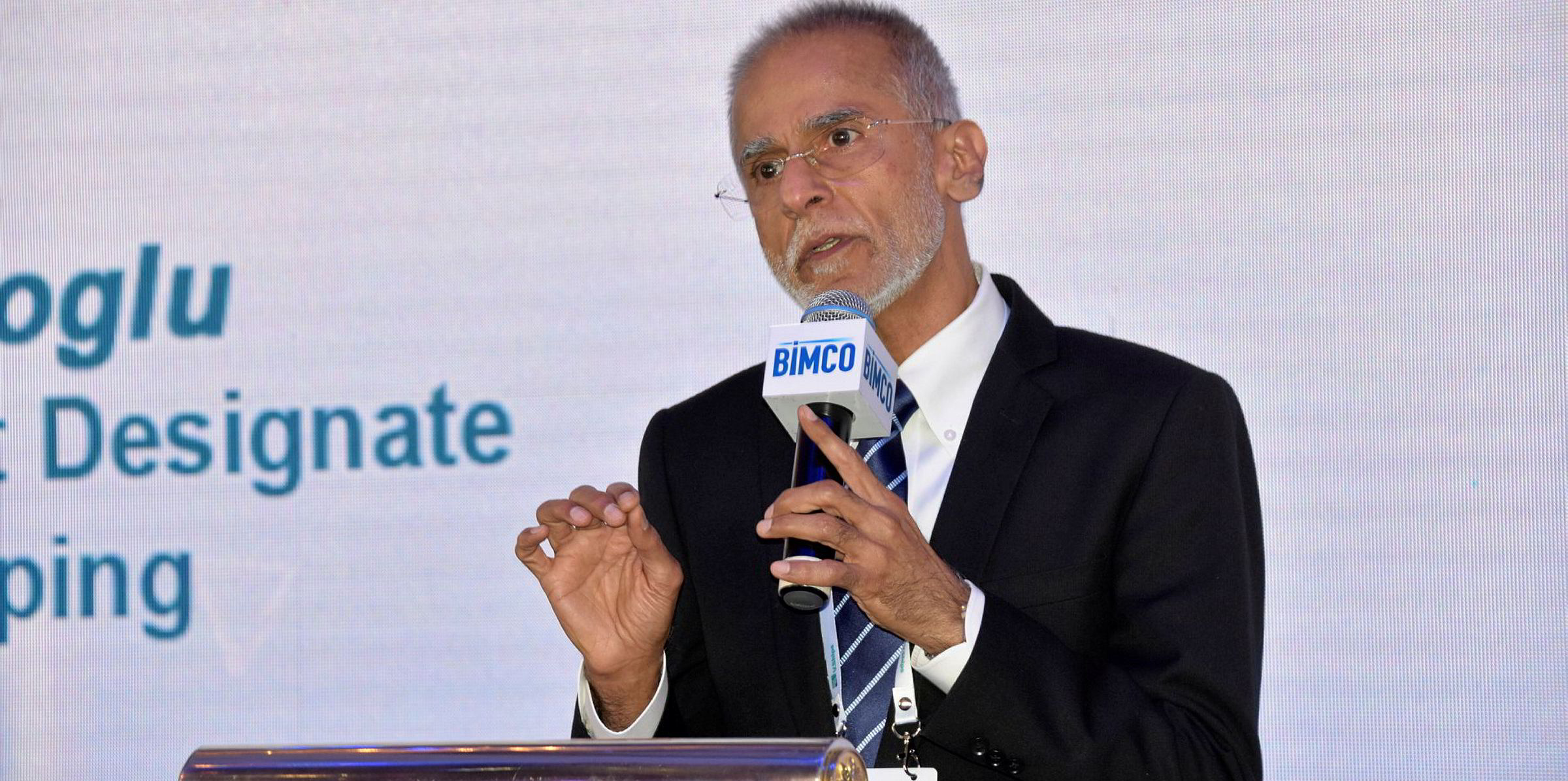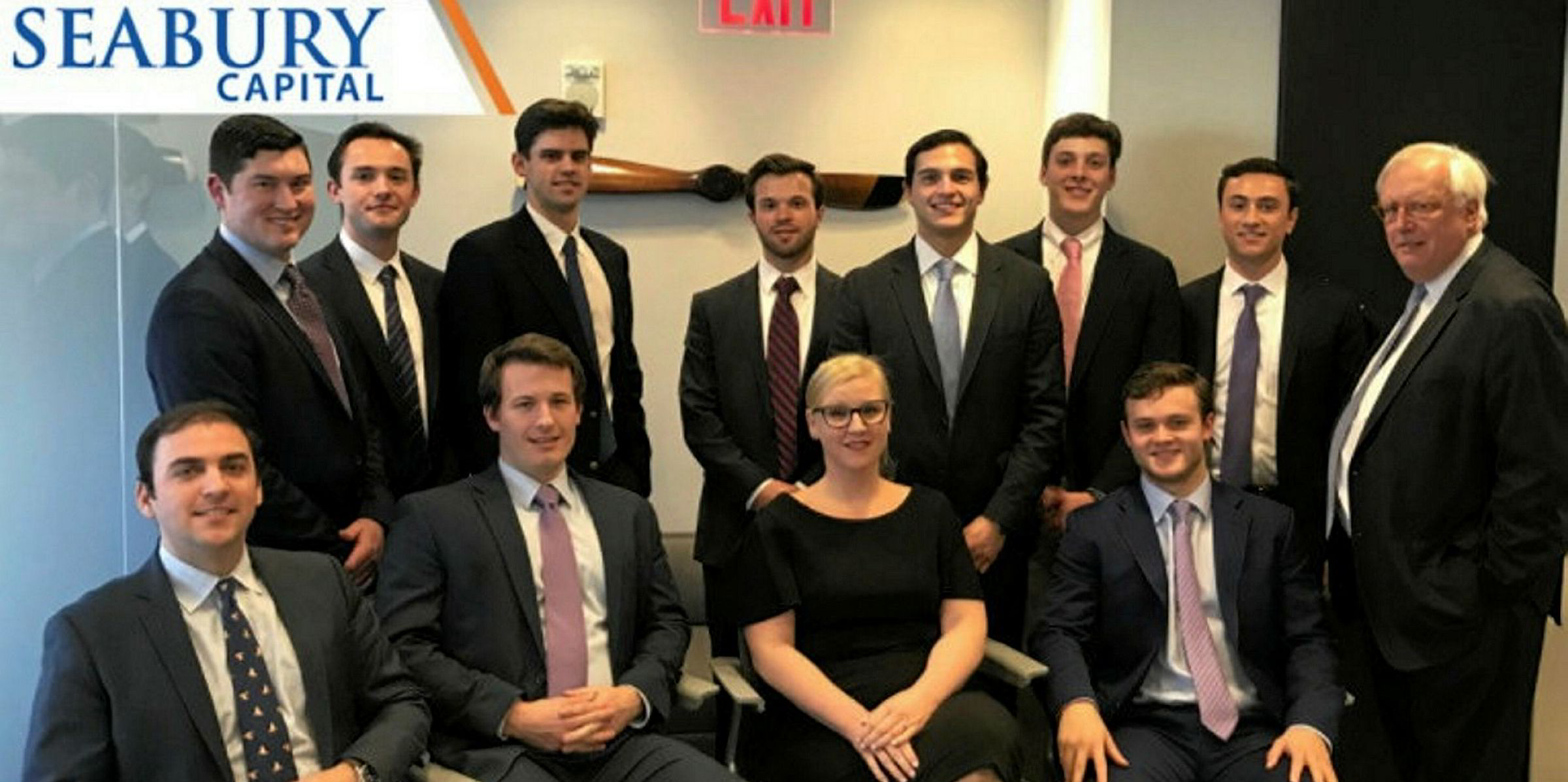US shipping advisor Seabury Maritime has called for cooperation and transparency between owners and shippers to mitigate the effects of the IMO 2020 transition.
It has produced a white paper with US shippers group Gemini that aims to promote "open dialogue between carriers and shippers by providing insight and a general understanding around metrics used behind bunker calculations,” according to Seabury Maritime's vice president Nikos Petrakakos.
“With fuel costs already representing more than 50% of total operating expenses, the IMO 2020 poses an increase too significant for carriers to absorb and stay operational,” he said.
“What today costs approximately $1,600 to ship a container from China to the USEC, will now cost $600 more after the IMO 2020 regulation goes into place. Shippers should be prepared to share in the risk of changing fuel prices through the assessment of reasonable and transparent fuel-surcharge calculations.”
The paper argues that the lack of an industry standard for fuel-surcharge calculations or a clear picture of the underlying costs for low-sulphur fuel allows participants to only roughly estimate its economic impact.
Clarity is key
Seabury said transparency was important on both sides.
“Transparency is key to creating trust that the carriers are truly just passing these new costs in an equitable way," added Petrakakos.
"Most fuel data may seem like an important trade secret, but more transparency can actually lead to deeper relationships and less push-back from rightfully suspicious customers, while better highlighting carriers’ efforts to improved fuel efficiency and lower costs as a result.
"Lack of clarity can even cause undue blowback to carriers in some cases, simply because of the lack of understanding of the metrics, a self-inflicted wound for carriers,” Petrakakos said.
Seabury believes new emission standards will lead to significant improvements in pollution derived from ships’ emissions along with the higher operational costs being passed on to cargo owners.
It advised shippers to accept and endorse both of these results, while engaging in a thorough dialogue and review of fuel surcharge trade factors with their carrier partners.
Kenneth O’Brien, COO of Gemini Shippers Group, added: “Through our collaboration with our partners at Seabury Maritime, we have identified the inherent risks and cost drivers represented by the IMO 2020 regulation. Our desire to add transparency to the issues will help shippers and carriers alike navigate the 2019-2020 contracting season.”






